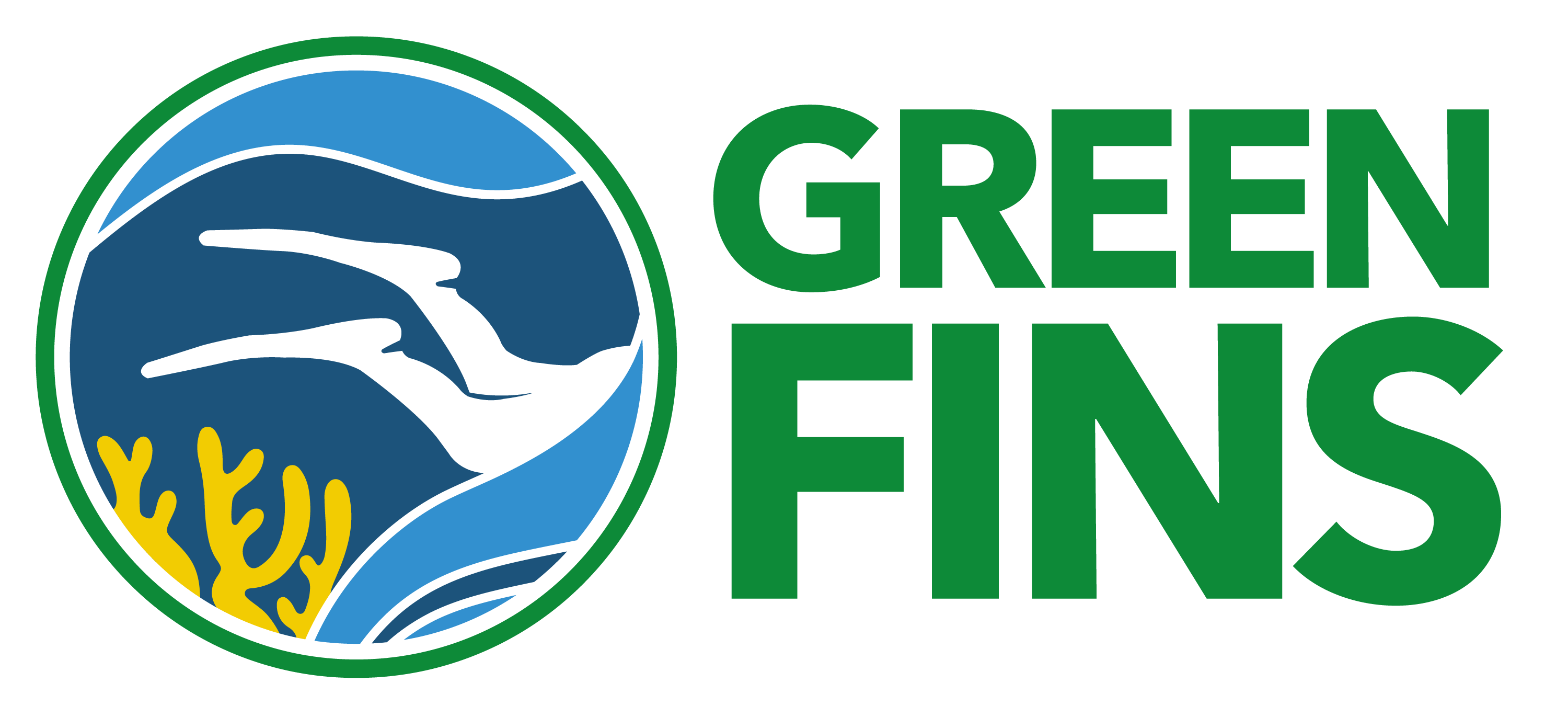From the 6th to the 7th December 2018, Reef-World attended the final meeting to approve new standards associated with scuba diving and the marine environment. Following on from the success of Reef-World (James Harvey) becoming a liaison member on the Working Group 1 – Diving Services under Technical Committee 228 (TC-228 Tourism and related services), Reef-World was invited to join the final review of two Draft International Standards (DIS) before their submission to the ISO community and TC228 members for approval for a Final Draft (FDIS) which would then become an approved ISO standard.
The two standards that were being reviewed were:
Recreational diving services – Requirements and guidance on environmentally sustainable practices in recreational diving
Recreational diving services – Requirements for training on environmental awareness for recreational divers
These ISO standards are expected to be adopted by both the diving certification agencies and training organisations and inline with Reef-World helping to make ‘sustainable diving the social norm’ we intend to help both promote and encourage uptake of these two new ISO standards once they become finalised and approved. It is anticipated that these two standards will be publicly available towards the end of Q2 in 2019.
Update: Following this meeting, the new ISO standards were published in September 2019. As such, Green Fins provides the tools to support industry compliance to the Sustainable Diving and Snorkelling ISO (ISO 21416 and 21417).
When the new standards were launched, Mr Manuel Otero, Chair of the ISO technical committee (TC) responsible for the standards said divers see what we above water cannot see, and therefore have an eye on the environmental condition of aquatic life. “They also have a responsibility to be aware of their impact on it.”
“These two standards give guidance and practical examples of best practice, such as those related to operating boats or interacting with aquatic life, which will benefit everyone. After all, tourists are more likely to return to waters that are clean and intact, rather than those that have suffered from poor environmental practices.”
Mr Martin Denison, Convenor of the TC’s working group that developed the standards, said they will benefit not only divers, diving instructors, centres and clubs, but tour operators offering diving holidays, diving boat operators and governments and any other organizations looking for information on diving and the aquatic environment. “They also contribute directly to the UN Sustainable Development Goal, SDG 14, which is about the sustainable use of oceans, seas and marine resources.”


